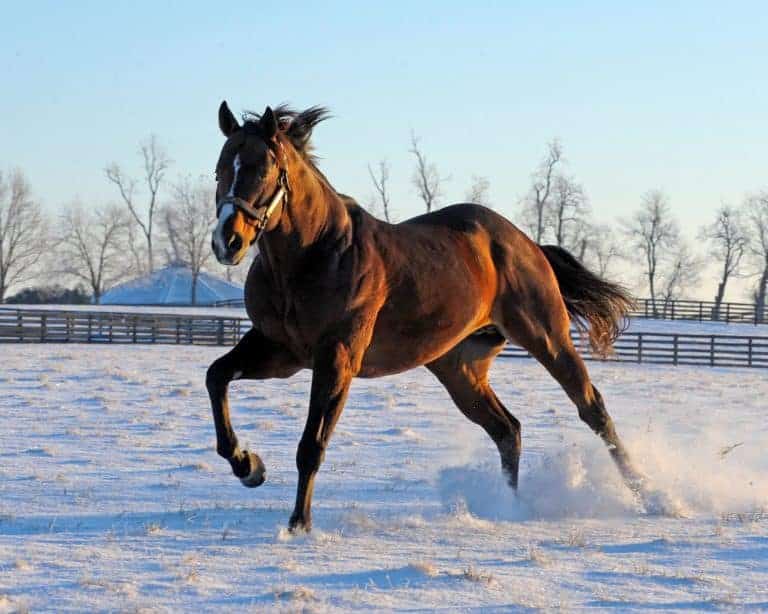Residual Effects of WNV
Horse owners should have equine survivors of West Nile virus (WNV) re-examined by their veterinarians before putting the animals back into work. In a study of Minnesota horses which survived clinical WNV infection, 40% showed WNV residual effects at six months after diagnosis; these neurologic effects can make the horse more dangerous to ride or drive. Julia Wilson, DVM, Dipl. ACVIM, is an












